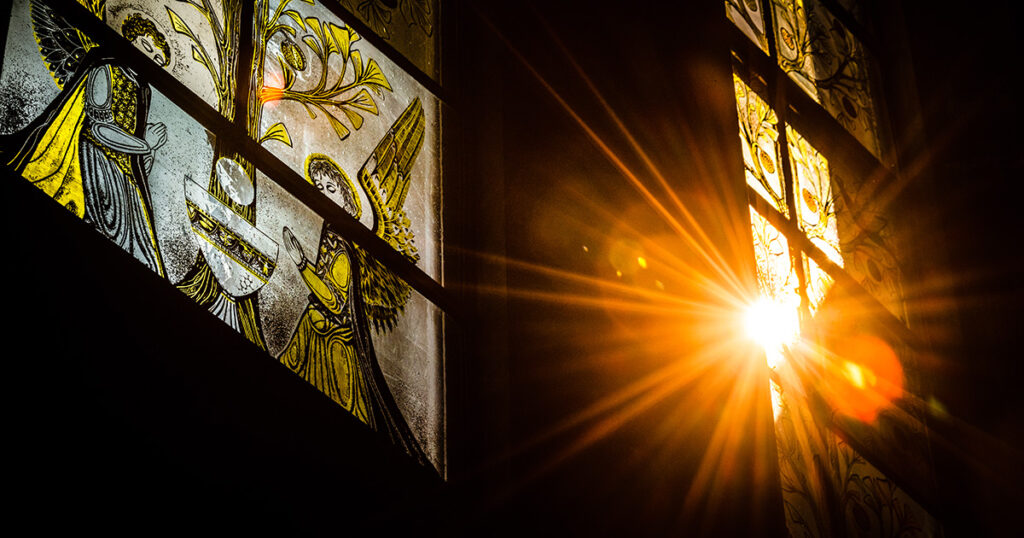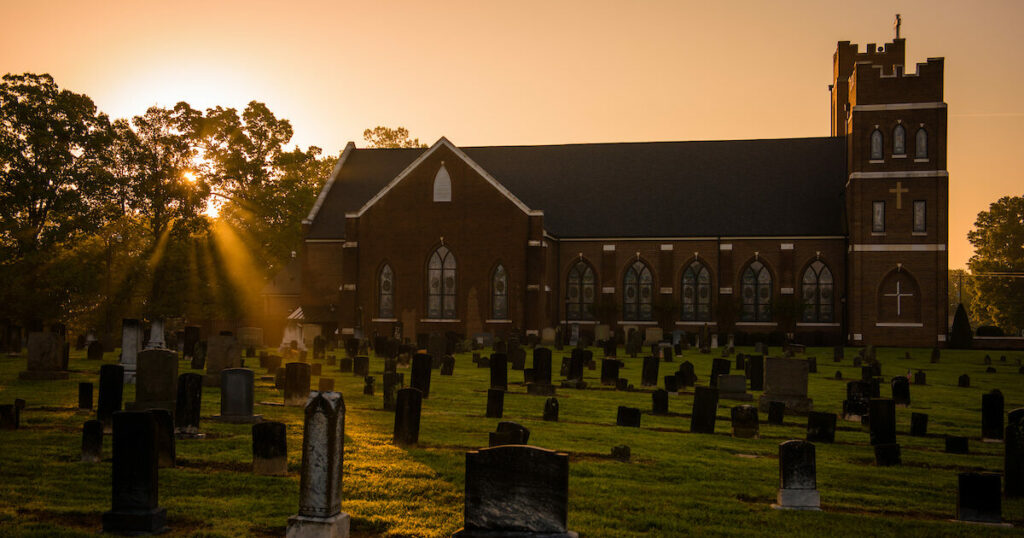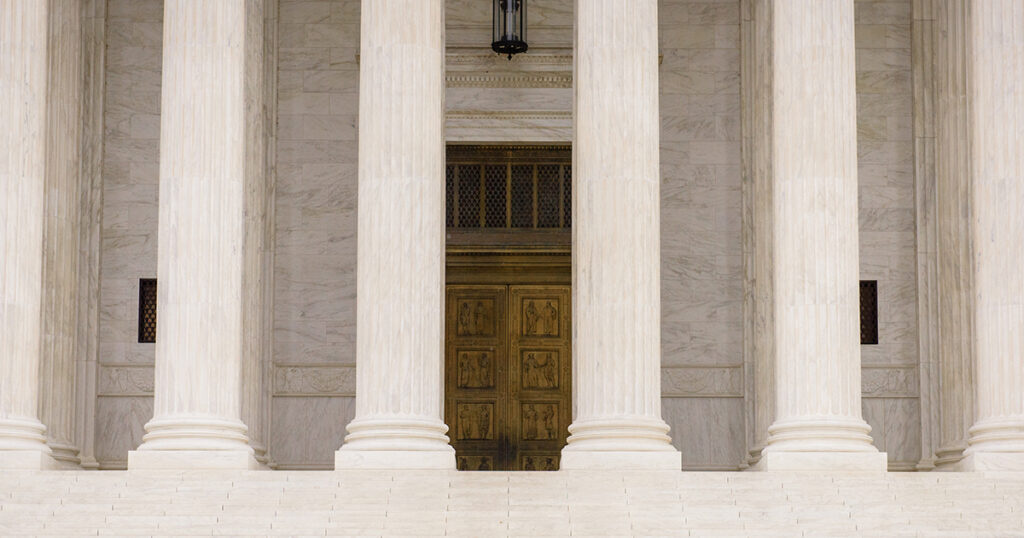With one of the lowest rates of church attendance in Europe, Great Britain is highly secularized. But during the COVID-19 shutdown, one in four Brits tuned into an online service.
The percentage of young adults who did so was even higher, at one in three. The surge in online “attendance” was broad based, with 70% of churches reporting higher numbers. Over 50% of churches reported an increased number of people inquiring about Jesus Christ and exploring Christianity.
So reports British evangelical Adrian Warnock, who says of virtual worship:
Many who would never darken the door of a church will attend virtually because there is no embarrassment, and no chance of a Christian handshake or, worse yet for shy people, a hug. … Many people are experiencing Christian worship, preaching and some form of fellowship for the first time ever. Some may never have stepped foot in a church building in their whole lives.
But Warnock credits the coronavirus epidemic itself for the secularists’ new interest in church:
Churches are seeing first hand the challenges this corona-crunch is causing. People who were complacent about spiritual matters before are shaken now. Economic problems mean family problems. They mean people struggling to put food on their plates. And they mean people in need of compassion, practical help, and even more importantly hope.
Warnock is calling these developments a “COVID-19 Revival.”
The data is still out on the impact of the pandemic on churches in the United States. Great Britain’s extremely low church attendance means that even minor increases will seem dramatic. It is doubtful that a “COVID-19 Revival” will turn the tide of secularism.
Still, Warnock is onto something. Anecdotally, a number of LCMS congregations are seeing more people visiting their streaming services than typically attend in person on Sunday mornings. And though online services are a pale substitute for in-person gatherings around the Word and Sacrament, the internet is conveying proclamations of God’s Word and is showing people on the outside what worship looks like.
And there can be no doubt, the coronavirus epidemic has unsettled Americans as a whole.
One scholarly explanation for the rise of secularism is that when societies enjoy great security and prosperity, their perceived need for God diminishes. They feel they are doing fine without Him. Some Christian writers refer to this as “carnal security,” feeling so secure in the “flesh” that they are oblivious to their sinful condition and their need for Christ.
COVID-19 has taken away people’s security. The normal activities that have been sources of satisfaction and pleasure — socializing, shopping, wining and dining, traveling, going to a movie or a ball game, working — have suddenly become perceived as dangerous. The economic shutdown has dashed the prosperity of millions of Americans.
Above all, the pandemic is forcing people to face death. They might die, and our advanced medical science so far seems unable to save them. Or they might inadvertently cause the death of someone else, just by breathing on them — an overwhelming responsibility.
No wonder some people are reconsidering their secularism. What they need, of course, is not just generic hope and encouragement but the Law and the Gospel.
Whether the epidemic will create a widespread reaction against secularism remains to be seen. But Christians should be on the lookout for individuals who are shaken out of their carnal security and may be ripe for evangelism.






Now “hear” this!
Churches streaming services for the first time really need to work on ONE thing: audio quality
Preachers: keep the voice volume up & consistent through the whole sentence or verse!
Get the best possible lapel microphone that you see the news anchors use on TV.
If the visitor cannot clearly hear what is being preached, they go to another YouTube channel!